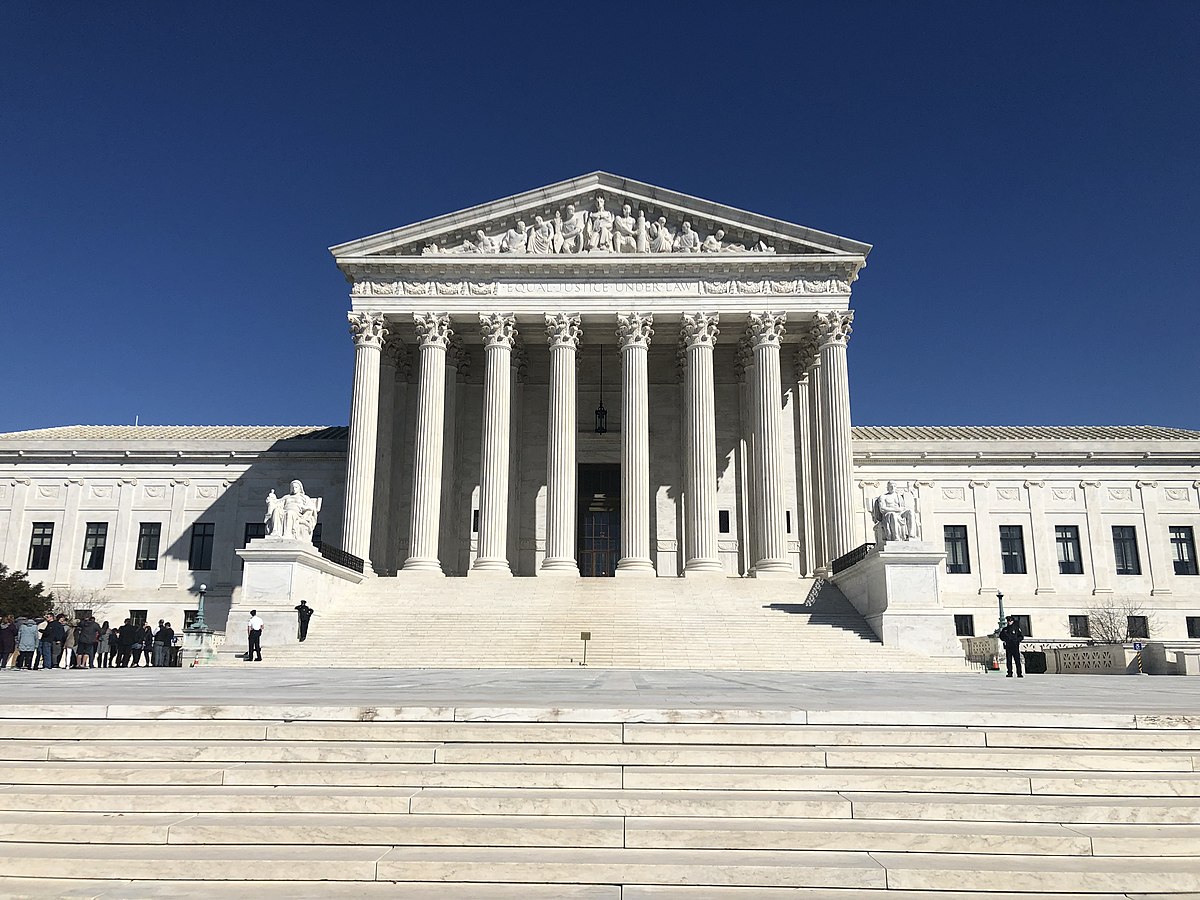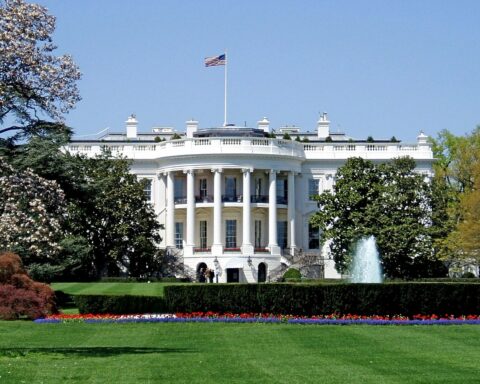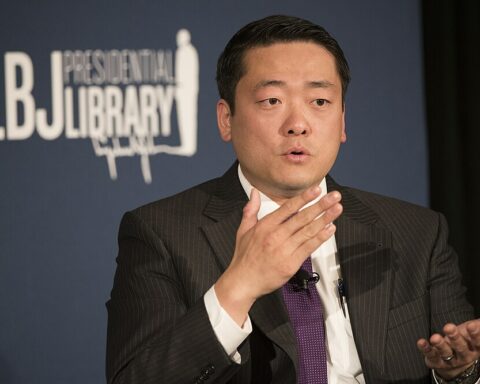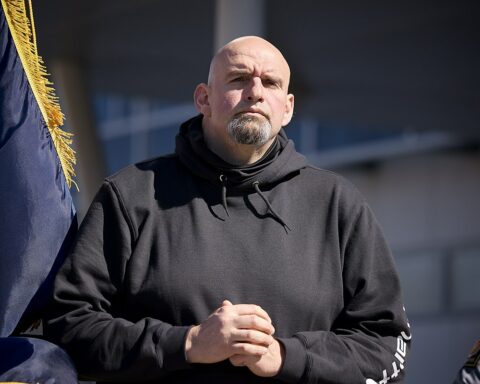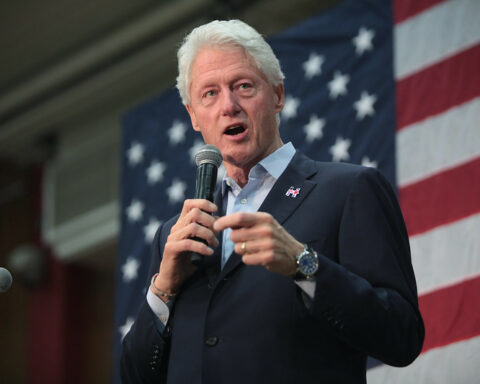In a rare move, the U.S. Supreme Court announced it will hear oral arguments in May on the Trump administration’s urgent request.
The administration is asking the SCOTUS to limit the reach of lower court rulings that have blocked President Trump’s executive order curbing birthright citizenship.
The arguments are scheduled for May 15—outside the Court’s typical October to April calendar—highlighting the gravity and urgency of the case.
At issue is not yet the constitutionality of Trump’s executive order itself, but rather the growing judicial trend of issuing nationwide injunctions.
The administration is asking the justices to scale back the sweeping rulings from lower court judges who have blocked enforcement of the policy across the country, even for individuals and states that are not parties to the lawsuits.
Trump’s order, issued on his first day back in office, aims to restrict birthright citizenship to children born to U.S. citizens or legal permanent residents, challenging decades of interpretation of the 14th Amendment’s Citizenship Clause.
Left-leaning judges in Maryland, Washington State, and Massachusetts quickly responded by issuing nationwide injunctions—blocking the order entirely—despite the plaintiffs representing only a fraction of the country.
Nationwide Injunctions Under Scrutiny
The Trump administration has repeatedly criticized what it sees as judicial activism by lower courts eager to derail conservative policy through overreaching injunctions.
The Department of Justice is urging the Supreme Court to rein in these district judges and uphold the principle that relief should apply only to the actual plaintiffs in a case.
“We are asking the Court to do what is both legally appropriate and necessary to preserve the authority of the executive branch and the integrity of the judicial process,” a Justice Department spokesperson said.
Meanwhile, progressive attorneys general are digging in. New Jersey Attorney General Matthew Platkin, co-leading one of the suits, dismissed Trump’s order as “blatantly unconstitutional,” arguing that the concept of birthright citizenship is untouchable.
“Birthright citizenship was enshrined in the Constitution in the wake of the Civil War, is backed by a long line of Supreme Court precedent and ensures that something as fundamental as American citizenship cannot be turned on or off at the whims of a single man,” Platkin said.
But conservatives argue that the current interpretation of the 14th Amendment has been exploited to provide automatic citizenship for the children of illegal immigrants, incentivizing abuse of the system and contributing to unsustainable immigration trends.
Trump’s executive order directly confronts this long-standing loophole.

